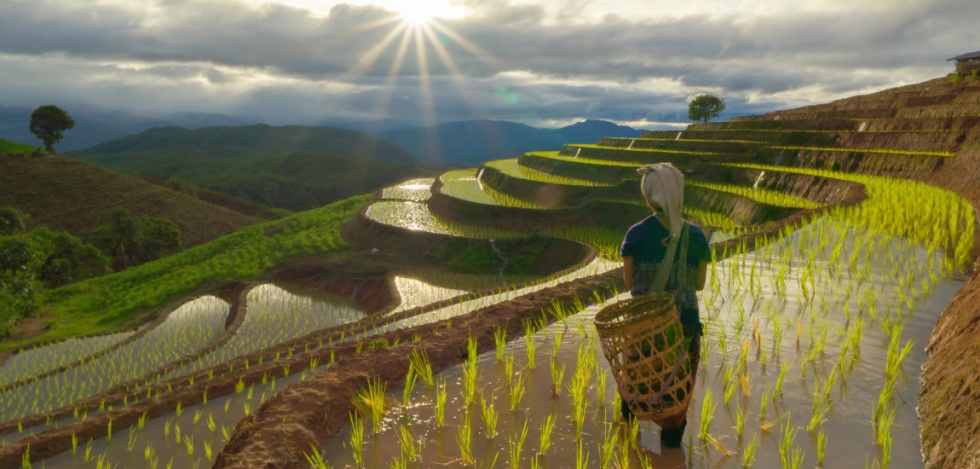Dealers Warn: India's Restrictions on Rice Exports Jeopardize 2 Million Tons of Contracts
Discover the critical issue as dealers raise concerns about India's rice-export limitations, which could jeopardize contracts for a massive 2 million tons.

India's recent decision to prohibit exports of non-basmati white rice is set to have significant repercussions as traders scramble to cancel contracts for approximately 2 million metric tons of the commodity, valued at a staggering $1 billion in the global market, according to reports from dealers on Friday, July 21st, 2023.
With India accounting for 40% of the world's rice exports, the government's move to halt its largest rice export category aims to stabilize domestic prices, which have surged to multi-year highs due to volatile weather conditions threatening rice production.
Anticipating the possibility of export restrictions, traders had secured letters of credit (LCs) or payment guarantees in recent days. However, the imposition of restrictions much sooner than expected caught them off guard, leaving them with no recourse but to invoke the force majeure clause to terminate the contracts. Force majeure pertains to unforeseen external circumstances preventing contractual obligations from being fulfilled.

As the ban was announced on Thursday, it will only affect vessels currently loading for export, excluding future shipments backed by LCs. Traders, who typically sign contracts well in advance, find themselves unable to execute agreements spanning the coming months.
Before the ban, India used to export around 500,000 tons of non-basmati white rice each month. Currently, approximately 200,000 tons are already loaded at various Indian ports and will be allowed for export, as confirmed by B.V. Krishna Rao, president of the Rice Exporters Association. However, Rao and others are urging the government to permit exporters with valid LCs to proceed with their shipments, a request that may unlikely be granted.
Global buyers, eager to secure supplies, had previously paid a premium for rice purchased from mills, leading to higher prices for exporters. However, with the ban in effect, prices are anticipated to drop, and traders may face substantial losses, warns a dealer from a global trade house in New Delhi.
While global rice prices are likely to rise due to India's export restrictions, local rates are expected to decrease. Key buyers of Indian non-basmati rice, including Benin, Senegal, Ivory Coast, Togo, Guinea, Bangladesh, and Nepal, will also be impacted.
Rice, a staple for over 3 billion people worldwide, primarily produced in Asia, is vulnerable to weather patterns like El Nino, which often bring reduced rainfall.






Comments 0